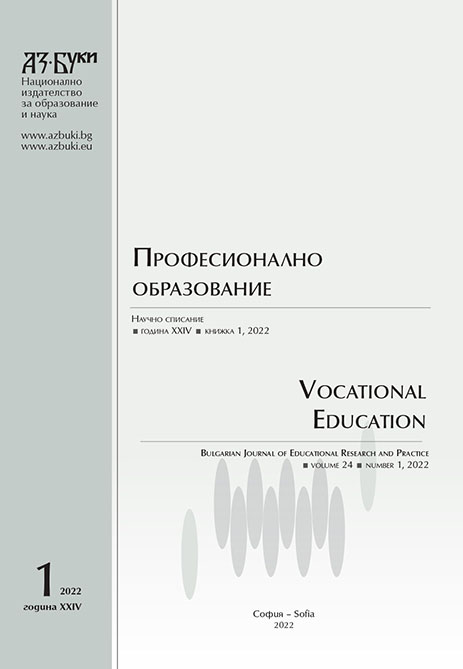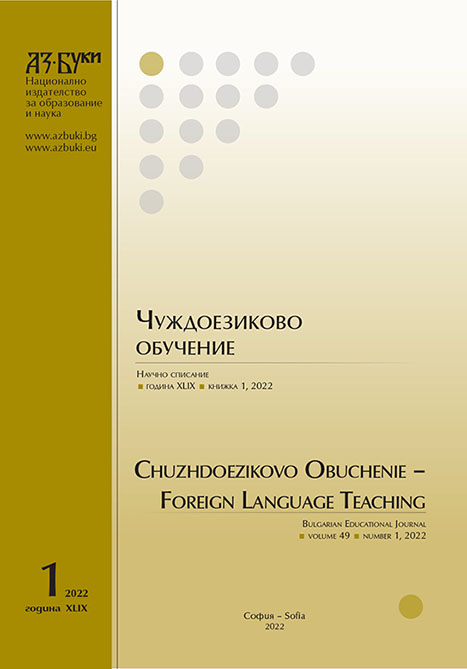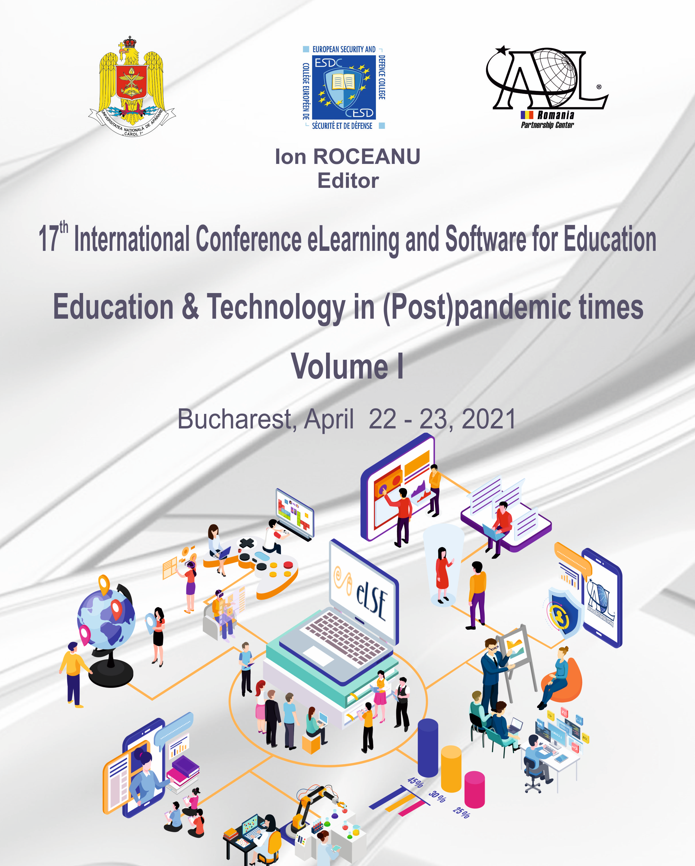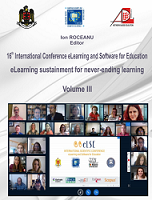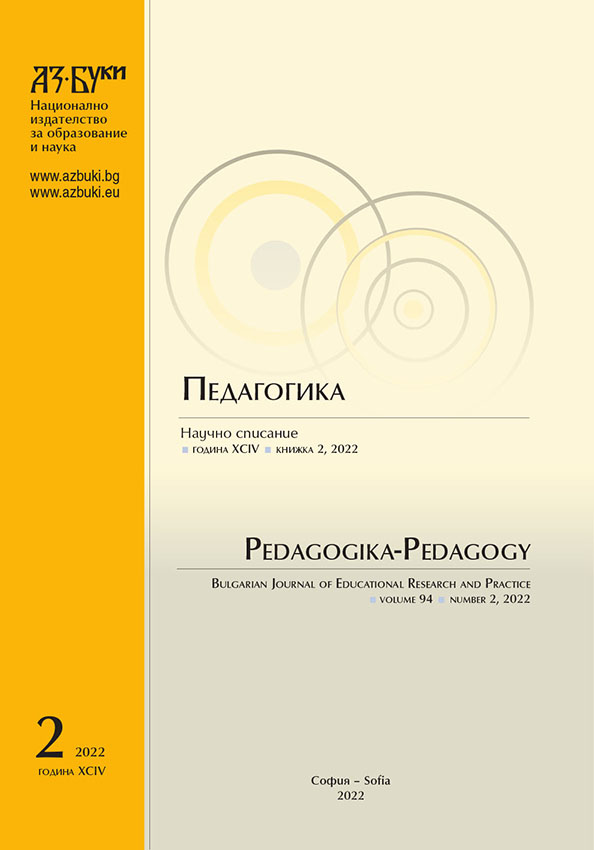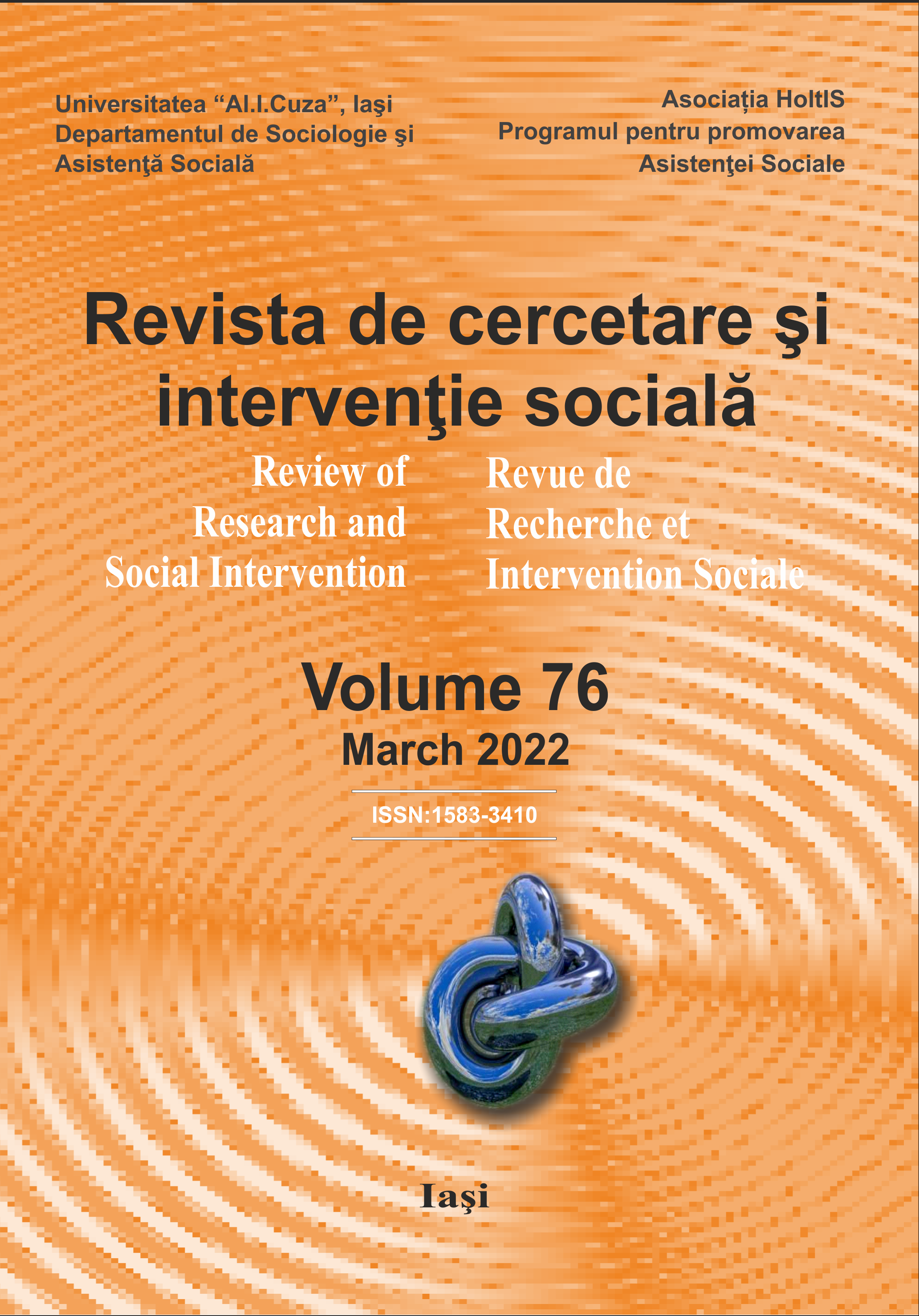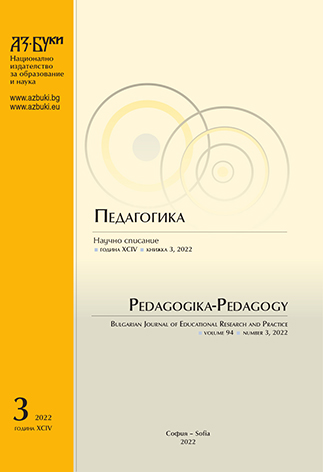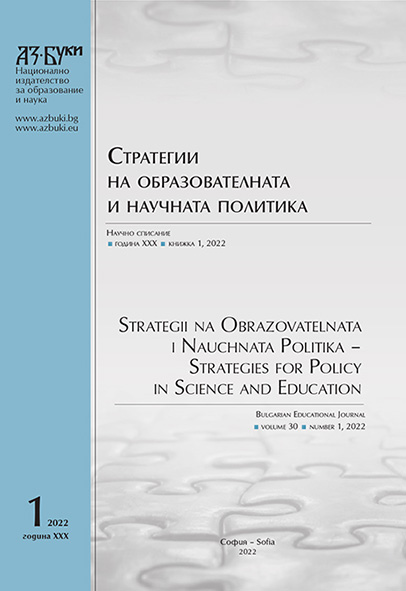
Проблеми при обучението в дигитална среда за преподавателите във висшето образование
The changes generated by the current epidemic situation related to COVID-19 are significant in higher education. These changes affected the processes and methods of teaching, as well as affected the communication between teachers and students. As a result of the pandemic, universities ceased the attendance form of teaching and went entirely online through digital communication platforms. The teachers had to start their teaching activity with the students through new platforms, social networks, e-mails, etc., which caused some problems. The main purpose of this paper is to investigate the problems of online learning among teachers in higher education. The main research methods are the method of analysis and synthesis, questionnaire, intuitive and systematic approach. The main research results are shown as clearly formulated problems, faced by teachers from higher education institutions in Bulgaria, during the transition to distance learning. The identified problems are grouped into three main groups – pedagogical, organizational and technological.
More...
